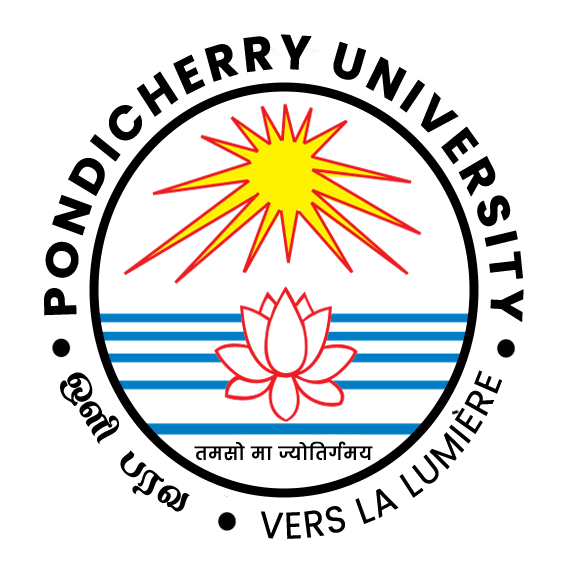M.A. Politics and International Relations
The programme introduces students to the most important theoretical approaches for studying international relations. The course begins by historically contextualizing the evolution of the international state system before discussing the agency- structure problem through the levels-of-analysis approach. After having set the parameters of the debate, students are introduced to different theories in International Relations. It provides a reasonably comprehensive overview of the significant political developments and events starting from the twentieth century. Students are expected to learn about the key milestones in world history and equip them with the tools to understand and analyze the same from different perspectives. A key objective of the course is to make students aware of the implicit Eurocentrism of International Relations by highlighting individual-specific perspectives from the Global South. The overall objective of the programme is to equip students to seek employment in the areas of International Relations, International Organisations, Foreign Policy Analysis etc.
Focus Areas
.
of the program
Theories of International Relations
The focus is on theoretical aspects of International Relations. It also introduces students to diverse traditions of theoretical endeavours in International Relations as they have evolved around the world. It will cover both explanatory and normative paradigms in international relations theory and give a brief overview of the state of the art of in the IR Theory to students. The paper also covers traditional, modern and post-modern approaches of studying International Relations as well as its key concepts. The purpose of the course is to provide a thorough background in all schools of IR theory and the debates between them regarding their perspective on the nature of International Politics and how it is to be conceptualized, understood and judged, bearing in mind their geo-cultural specifications.
India's Foreign Policy
Foreign policy of a nation is the nerve center of international relations comprising of cultural, political, economic and military affairs. India’s foreign policy, rooted in the constitutional setting of India, is rated to be one of the best among the world nations’ foreign policies, due to its aims and objective for attaining international peace, prosperity and human development. This paper aims at exposing all the tenets needed for the Post Graduate students to evolve a comprehensive understanding on India’s foreign policy since 1947 to the present.
International Organisation
International Organization is the central means in conducting the business of international relations. International organizations – universal and regional, governmental and non- governmental, multi-purpose and functional – constitute important elements of the current global governance structures. This course bases itself on the classic understanding of international organization as a process and aims to expose students to the diversity and complexity of forms in which this process manifests itself by using the examples of specific international organizations. Although the United Nations System continues to be regarded ideationally and functionally as the chief reference point in the universe of international organizations, the canvas of this course is spread widely to include multiple forms and multiple levels of international organization. The course is designed to cover both theoretical and conceptual aspects of the practice of international organization in general as well as the specificities such as origin, evolution, structure, function, politics, effectiveness and critique of selected international organizations. In examining the potential as well as the limitations of international organization, a mix of theoretical, historical, legal and political approaches will be used to understand specific themes
International Political Economy
This course introduces students to the key debates on meaning, nature and scope of International Political Economy. It addresses the international economic relations largely shaped by Breton-Woods arrangement. The international financial institution was then dominated by IMF and IBRD. Breton-Woods system collapsed in 1993, which resulted in increasing focus on globalization and liberalization. World trade largely today is regulated by WTO. This course seeks to an understanding of the changing scenario of international economy, trade and finance
Who can prefer this Course
Eligibility
The selection is based on the entrance test consist of 100
Multiple Choice Questions in the areas of contemporary
International Relations (50), Indian History and Politics
(25), Political theory and Thought (25).
Current Affairs
Genral English, General Knowlge
Indian Polity, Indian History, World History & Political Theory

